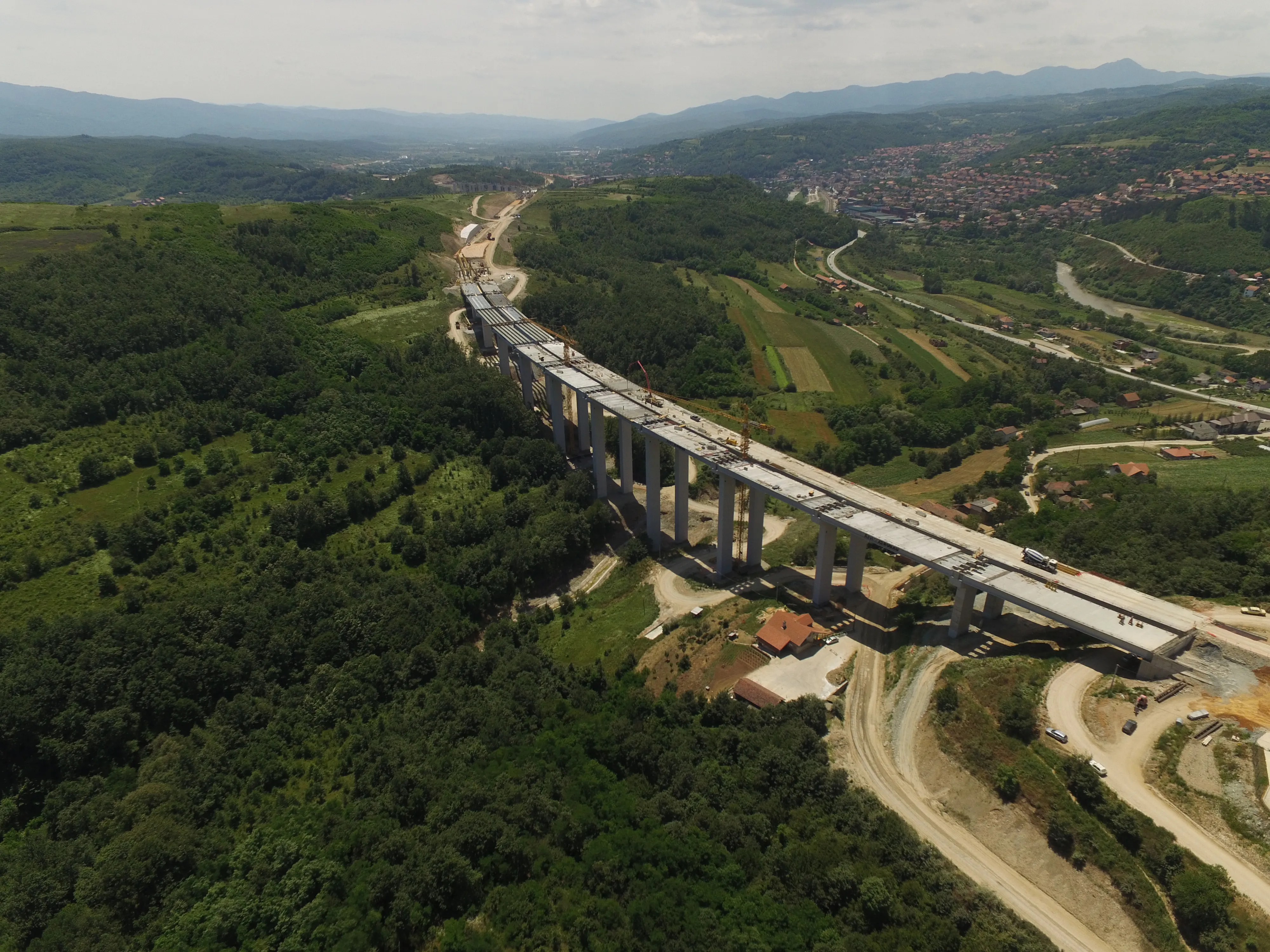The Bashkortostan Republic (Volga) in western Russia could issue a tender for the Ufa Eastern exit road project by the end of the year.
Government authorities in Bashkortostan said they and VEB (Vnesheconombank) are completing a feasibility study of the Ufa Eastern exit road project.
The project, expected to cost around $591 million, involves completion of an underground tunnel to the Ufa River, a bridge and a road to the M5 motorway. The exit road will be about 14km.
Transport infrastructure will be
October 31, 2014
Read time: 2 mins
The Bashkortostan Republic (Volga) in western Russia could issue a tender for the Ufa Eastern exit road project by the end of the year.
Government authorities in Bashkortostan said they and3640 VEB (Vnesheconombank) are completing a feasibility study of the Ufa Eastern exit road project.
The project, expected to cost around $591 million, involves completion of an underground tunnel to the Ufa River, a bridge and a road to the M5 motorway. The exit road will be about 14km.
Transport infrastructure will be used on a toll basis and a tender for the concession, around 35 years, could be published by the end of the year. Around $190 million of toll payments should be collected. Also, a 2ha plot of land may be sold off to increase revenue. As well, a regional road fund should provide just over $59,000.
Possible investors in the project are945 Strabag (Austria), China Machinery Engineering Corporation (China), Sinara, 5336 Tesco (US), and several Turkish companies.
The Republic of Bashkortostan is in the southern part of the Ural Mountains, close to where Europe meets Asia. Ufa, the capital city, hosted the Summer Biathlon World Championship in September 2012.
Government authorities in Bashkortostan said they and
The project, expected to cost around $591 million, involves completion of an underground tunnel to the Ufa River, a bridge and a road to the M5 motorway. The exit road will be about 14km.
Transport infrastructure will be used on a toll basis and a tender for the concession, around 35 years, could be published by the end of the year. Around $190 million of toll payments should be collected. Also, a 2ha plot of land may be sold off to increase revenue. As well, a regional road fund should provide just over $59,000.
Possible investors in the project are
The Republic of Bashkortostan is in the southern part of the Ural Mountains, close to where Europe meets Asia. Ufa, the capital city, hosted the Summer Biathlon World Championship in September 2012.








